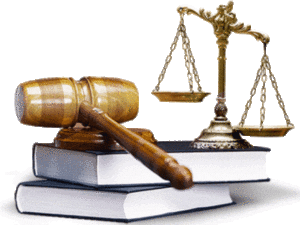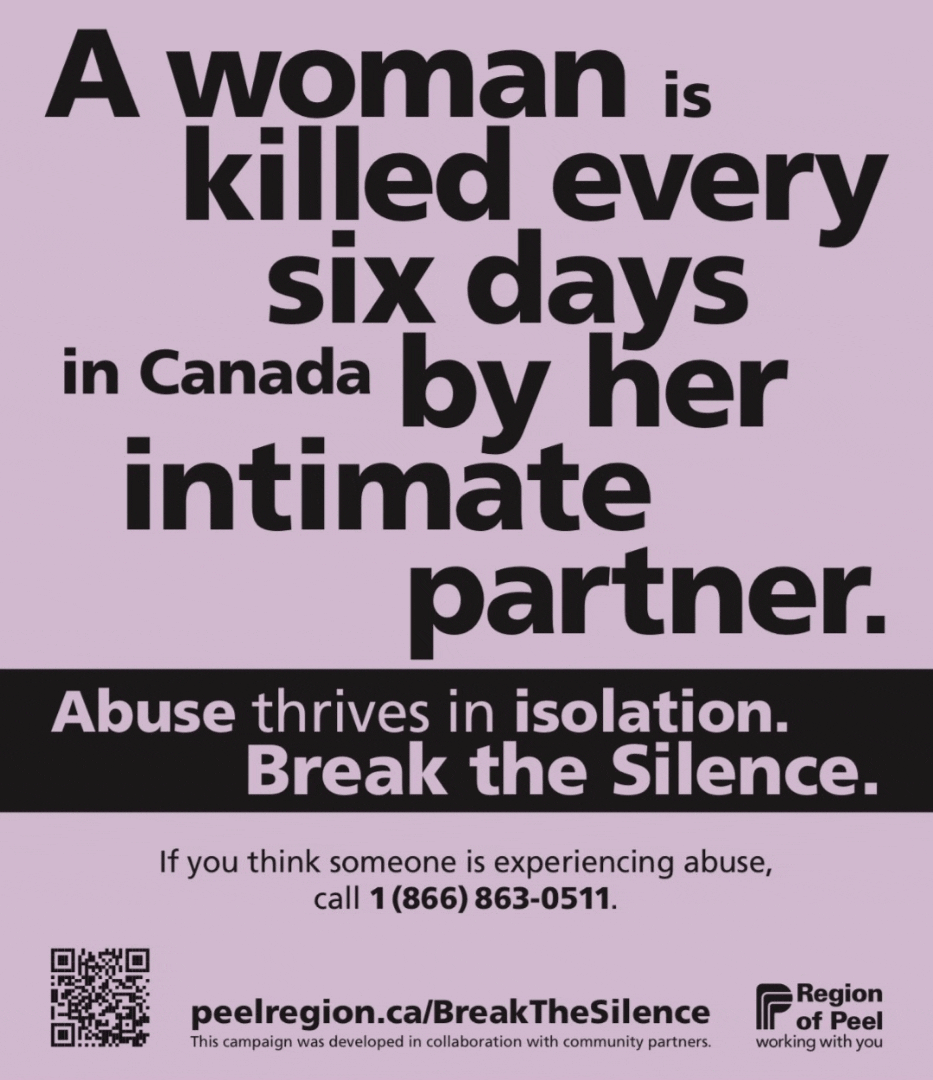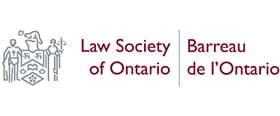When facing accusations of domestic assault, it’s important to remember that various legal strategies may apply to your unique situation.
Our skilled domestic assault lawyers thoroughly assess every piece of evidence, identify weaknesses in the prosecution’s case, and present strong defences on your behalf. Below are some common legal approaches:
Proving No Assault Happened: Challenging the Facts
If the alleged domestic assault never took place, your lawyer can work to show that the complaint lacks credibility. This may involve questioning witness testimony, highlighting inconsistencies, and pointing to an absence of injuries. By creating reasonable doubt that any assault actually occurred, your defence team can significantly weaken the prosecution’s case.
Self-Protection, Not Aggression: Raising Self-Defence
In many domestic assault cases, a claim of self-defence may apply if you only used force to prevent harm to yourself or another person. Canadian law acknowledges that using reasonable force is sometimes necessary. Your lawyer will present context—such as a history of conflict or threats—and argue that your actions were a justifiable response to immediate danger.
When Both Parties Agreed: Establishing Consent
On rare occasions, both individuals may have mutually agreed to a physical altercation. If so, and if the intent wasn’t to cause serious harm, this factor can serve as a defence against domestic assault allegations. Your lawyer will emphasize the consensual nature of the encounter and the absence of intended injury.
Honest Mistakes Do Happen: Accidents and Reflexes
Sometimes what appears to be intentional assault is actually an accident or reflexive action. Lack of intent to harm can dismantle a domestic assault charge. By demonstrating that any contact was unintentional or purely reactive, your lawyer can help reduce or dismiss the charges.
Trusting a Dedicated Domestic Assault Lawyer with Your Future
Every domestic assault case is different, and a personalized approach is essential. An experienced domestic assault lawyers we carefully review the evidence, challenge the prosecution’s narrative, and help you navigate the legal system with confidence.
 As domestic assault lawyers, we advise our clients up front, that the court system and crown attorney’s office throughout Ontario takes domestic assault very seriously.
As domestic assault lawyers, we advise our clients up front, that the court system and crown attorney’s office throughout Ontario takes domestic assault very seriously.




